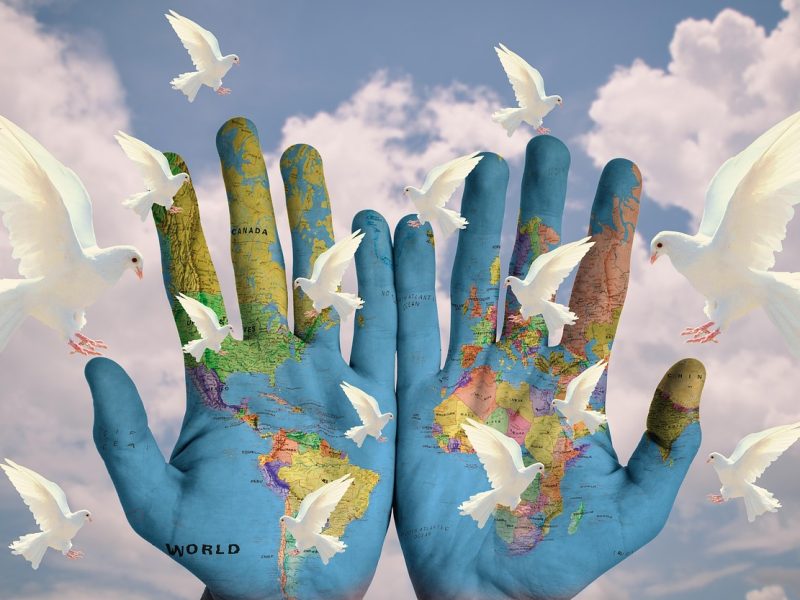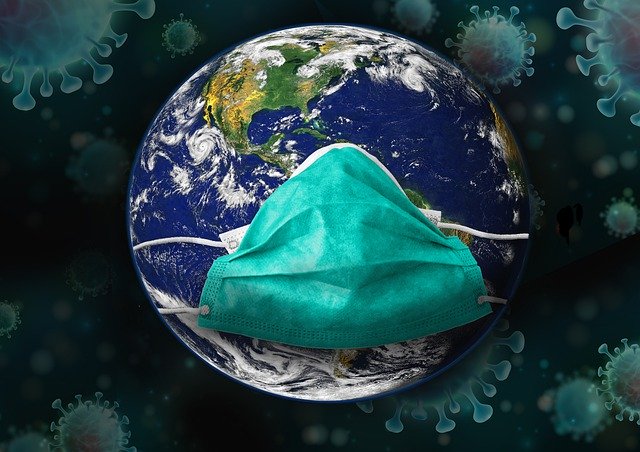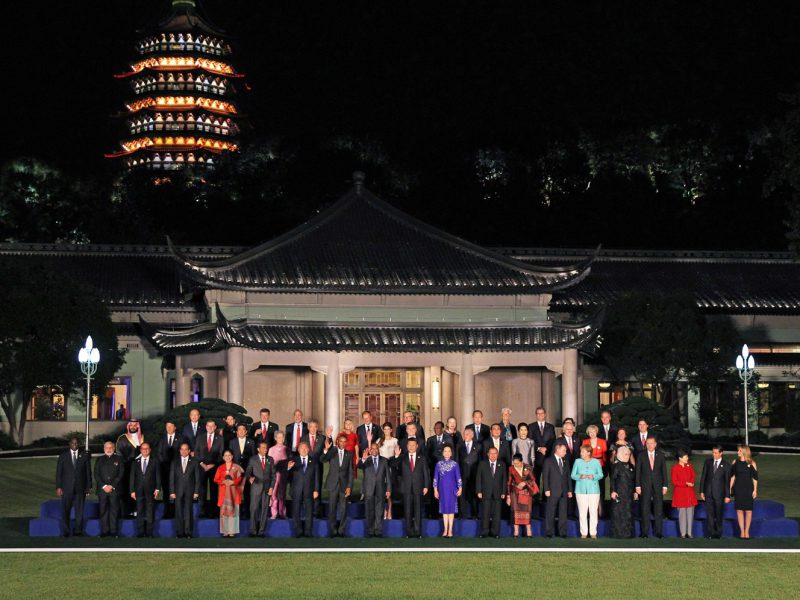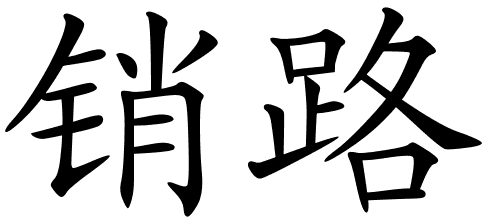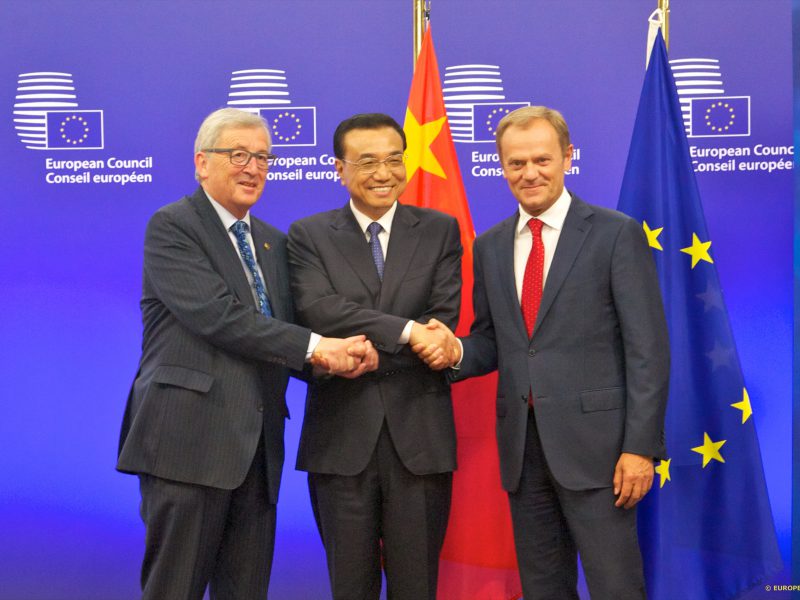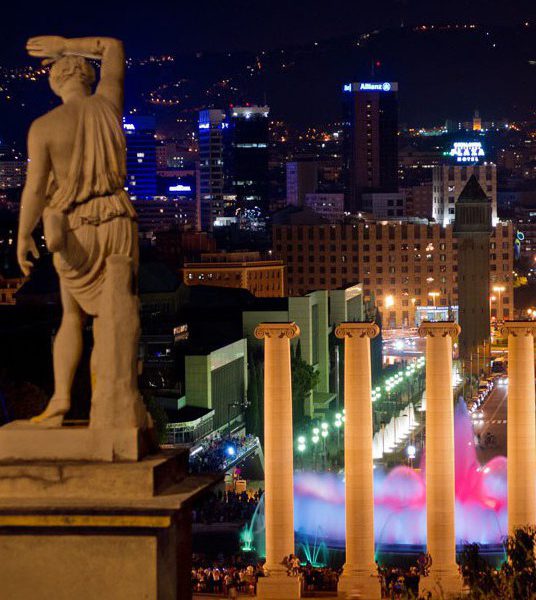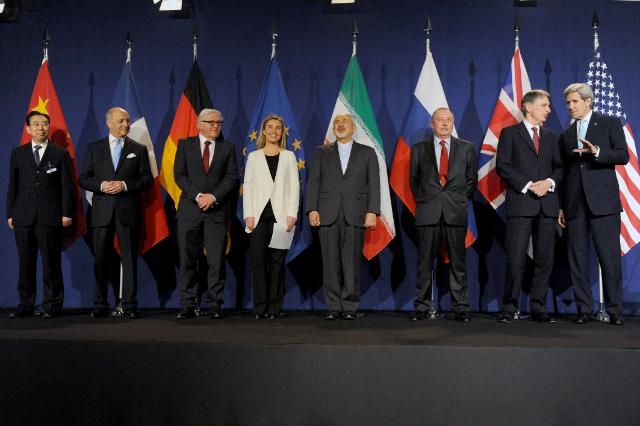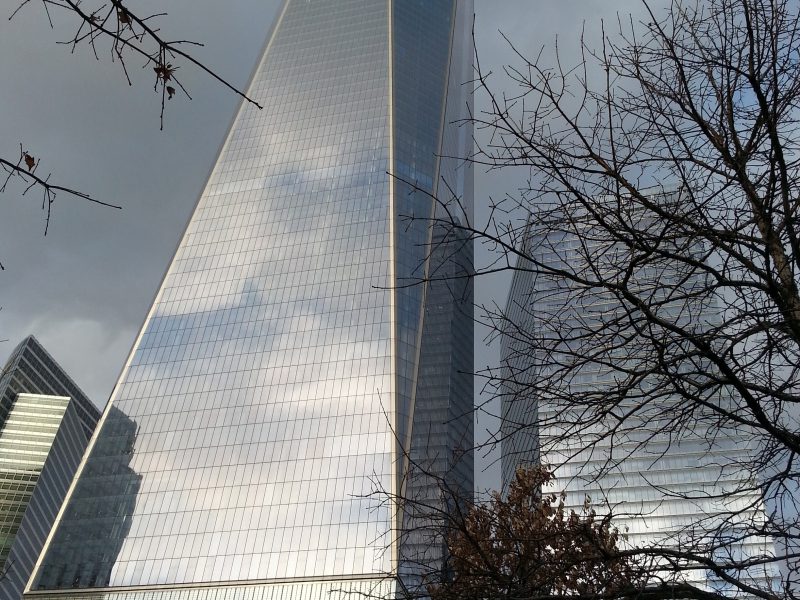Dissecting China’s Global Governance Initiative: Reflections on a System Caught Between Inertia and Transformation
The international system today carries the feel of an era that has outlived its own assumptions. Institutions built with the optimism of 1945 continue to stand, yet their foundations no longer align with the world taking shape around them. The gravitational pull that once held the system together, its shared purpose, its post-war coherence, has…


